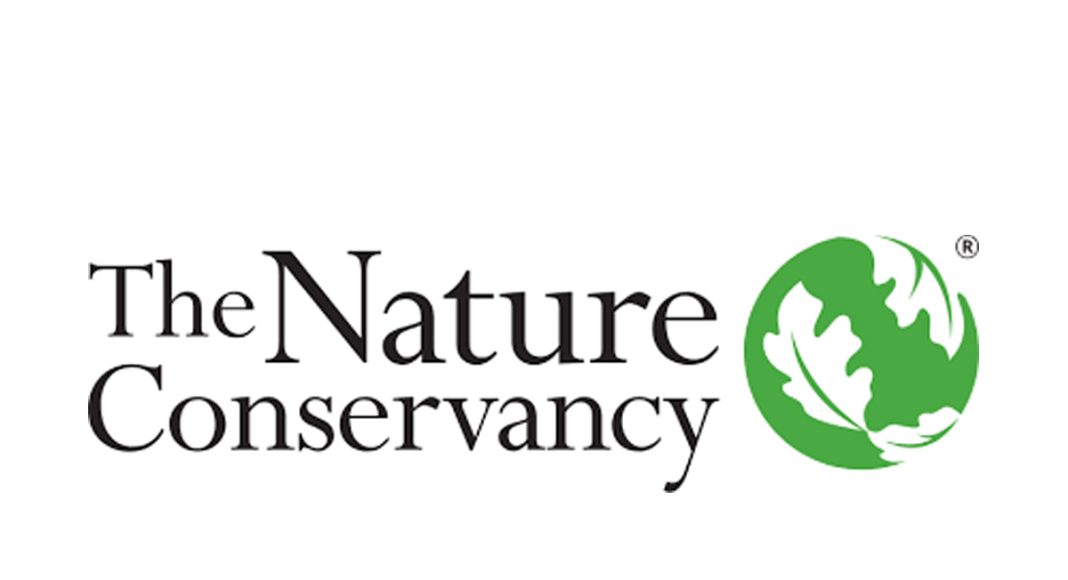The Global Equitable Conservation Team at The Nature Conservancy (TNC) is an innovative division with the mission to reimagine what it means to care for the Earth together
Recently established, it embodies the organization’s deepened commitment to achieving equitable conservation outcomes, especially for vulnerable and historically marginalized populations. Integrated across TNC’s global priorities, the team ensures that conservation transcends ecological protection to also uphold human dignity, justice, and inclusion.
At the forefront of this mission, the Human Rights in Conservation Unit systematically reviews and assesses the human rights risks associated with TNC’s operations across diverse geographies worldwide. This work includes examining how TNCs’ conservation and business interests intersect with human rights concerns related to land and resource tenure, Free, Prior and Informed Consent (FPIC), labor rights, gender equity, climate adaptation, environmental and social safeguards, and the protection of human rights defenders, among others. The Unit’s work provides the foundation for developing safeguards and accountability mechanisms that make global conservation fair, transparent, community-centered, and mutually beneficial for both people and nature.
Five-step methodology for equitable conservation
The Unit’s work also explores the human rights landscape as it relates to TNC operations, offering insights that guide the organization’s strategies and actions in priority regions. As part of this process, Dr. Metolo Foyet leads a structured five-step methodology designed to identify risks, opportunities, and actionable pathways for equitable conservation.
- Review of TNC activities within target countries, drawing from organizational reports and internal documentation.
- Comprehensive review of human rights conditions in these geographies, utilizing reports from leading global human rights organizations, national and multilateral agencies, and credible media sources.
- Analysis of data on TNC’s conservation impact and community engagement to evaluate trends and effectiveness.
- Identification of key issues, including resource allocation gaps, community resistance, and legal or procedural challenges affecting project success.
- Formulation of strategic recommendations, proposing innovative models, strengthened engagement frameworks, and potential partnerships to enhance TNC’s future programming.
In alignment with the UN Core Principles on Human Rights, these insights inform TNC’s Human Rights Due Diligence (HRDD) frameworks co-designed, co-developed, and co-implemented by the Unit and global IPLCs to advance TNC’s global leadership in ethical conservation and ensure that equity is operationalized across regions. Guided by core principles such as centering communities, addressing historical injustices, and embedding equity into all aspects of conservation, the Human Rights in Conservation Unit actively collaborates with regional teams and partners to translate these principles into practice. Through rights-based approaches and participatory engagement, the Unit strengthens trust and inclusion, ensuring that local and Indigenous voices shape the decisions that affect their lands and livelihoods.
By connecting global policy with local realities, the Human Rights in Conservation Unit reinforces TNC’s conviction that lasting conservation depends on protecting both people and the planet. Through research, storytelling, inclusive dialogue, and shared learning, the Unit reinforces the organization’s holistic approach to sustainable development; continues to shape a new paradigm: one that repairs and restores; and advances a new model of conservation by reimagining it as a shared human responsibility grounded in equity, driven by community, and guided by accountability.


